Perfect love is rare indeed – for to be a lover will require that you continually have the subtlety, flexibility, sensitivity, understanding, acceptance, tolerance, and fortitude of the very wise, child, artist, philosopher, saint, scholar, and certain笃定者. This is what Leo Buscaglia means when he states that "Perfect love is rare indeed" in his essay "The Tao of Love".
In his essay "The Tao of Love", Buscaglia uses the example of love to illustrate the qualities that are required for true wisdom. He writes: "To be a lover will require that you continually have the subtlety, flexibility, sensitivity, understanding, acceptance, tolerance, and fortitude of the very wise, child, artist, philosopher, saint, scholar, and certain笃定者. Perfect love is rare indeed – for to be a lover will require that you continually have the subtlety微妙;敏锐;精明 ..."
Buscaglia goes on to say that many people lead lives of quiet desperation. They may call it resignation or simply go about their daily lives without ever really taking notice of the world around them. He suggests that even under what are called the games and amusements of mankind, there is no real play involved. Instead, it is a characteristic of wisdom not to do desperate things.
In conclusion, Leo Buscaglia's essay "The Tao of Love" highlights the importance of having all of the necessary qualities to truly understand and appreciate love. He argues that perfect love is rare and requires a great deal of effort to achieve. However, by striving to possess these qualities ourselves, we can improve our relationships and live a more fulfilling life.
At the most basic level, this quote by Thoreau is merely an observation, much like Walden. It is a reflection on what he perceives in his surroundings and has been condensed into a concept that can be discussed. This observation suggests that the majority of people do not act upon their desires; they instead comply with their obligations. Those who Thoreau observes do not say, "Ah, farming is my passion, it's what I've always wanted to do." Instead, they accept what they are instructed to do, whether explicitly or implicitly, and adapt accordingly.
His next point is yet another observation: when you lead a life based on resignation, everything becomes work. Even your leisure activities become about survival, which is hardly play at all when considered in this context. To provide a modern example, consider a consultant who must travel for work. On the surface, it may seem enjoyable to travel to picturesque places like Florida or Hawaii, drink at nice bars, and eat at fine establishments. However, this is ultimately work.
In the corporate world, employees often engage in social activities like drinking at bars and lounging around pools with clients. These actions are no longer just for leisure but have become part of their job description. Their relaxation is now considered a selling point, as it adds to their good image and personable nature. This may sound appealing, as it is similar to a vacation, but it is work.
I do not believe there is necessarily a value judgment here. While desperation may have a negative connotation, Thoreau deliberately chose this word to convey the importance of doing something in a positive light. It is also important to note that Thoreau explicitly states that he is not speaking to everyone. He is addressing "the mass of men who are discontented" and complaining without reason about their lot or times, when they can take action to improve them.
In summary, Walden is about how we inherit all of these things and how we can use them to improve our lives. It is a reminder that our work should not be seen as a burden, but rather an opportunity to create a better future for ourselves and those around us.
In today's society, ideas are often handed down to us like hand-me-down clothes. It can be difficult to refuse free things when they are offered to us. We are told that this is the way life is supposed to be lived, following in the footsteps of our parents, living according to religious teachings, and speaking out only what the politicians dictate. If we simply follow these rules, we will lead fulfilling lives. However, Thoreau asserts that we all have a choice. He suggests that if we are unhappy with our current situation, we should take action to change it. This could involve changing careers, modifying our attitudes, or even altering our entire lifestyles.
There are countless different ways to live a meaningful and satisfying life. For some individuals, the path may involve taking risks and venturing outside of their comfort zones. Others may choose to focus on personal growth and self-improvement. Ultimately, the decision of how to live one's life is entirely up to the individual.
If you find yourself feeling discontent with your current situation, consider making a change. Experiment with new ideas, explore different options, and don't be afraid to take a leap of faith. You might be surprised at what you discover about yourself and the world around you.






